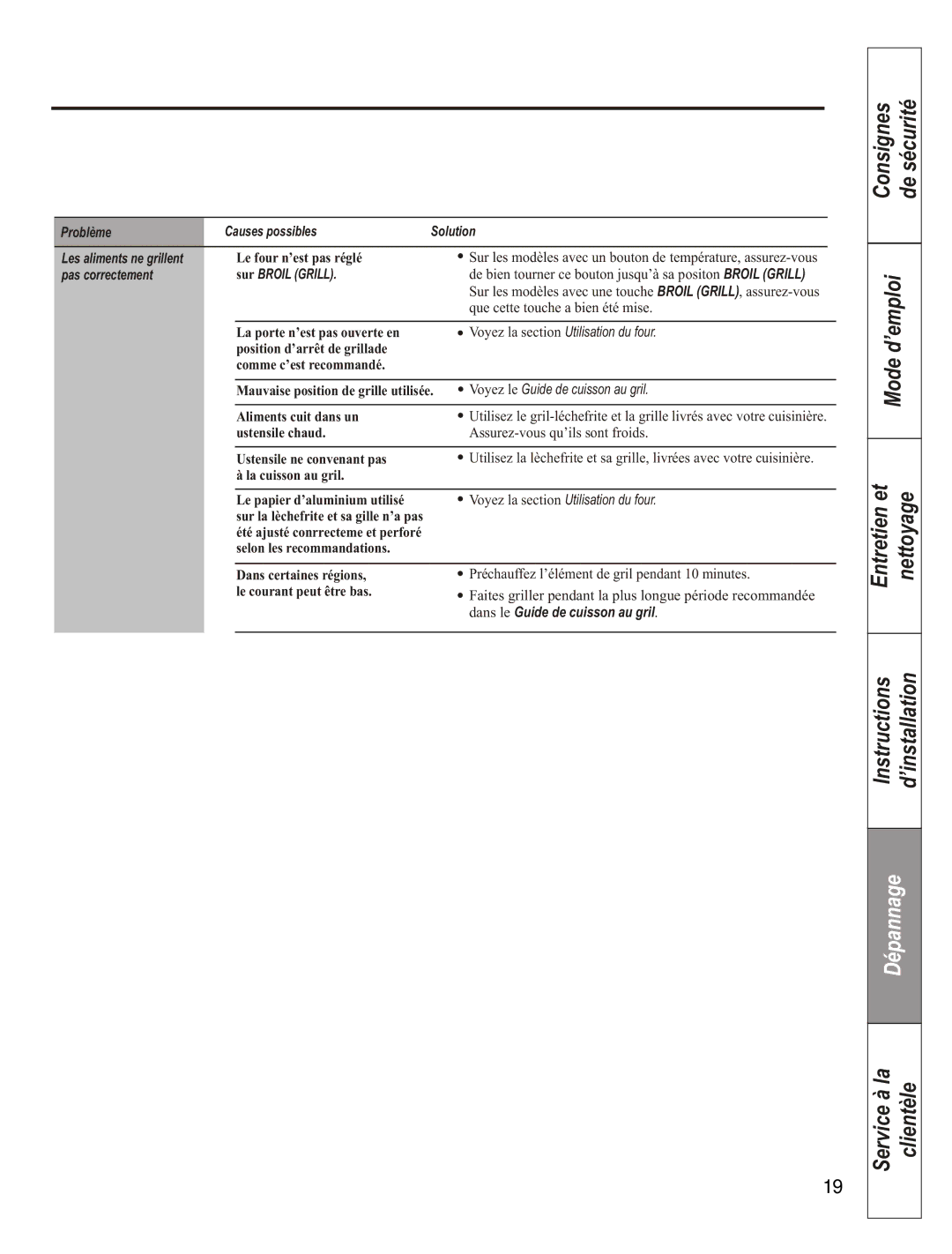JCAS 730 specifications
The GE JCAS 730 is an advanced jet engine specifically designed for modern commercial aircraft. Renowned for its efficiency and reliability, the JCAS 730 is a product of General Electric's extensive expertise in aerospace technology, catering to the growing demand for greener and more economical aviation solutions.One of the main features of the GE JCAS 730 is its high bypass ratio, which significantly enhances fuel efficiency. The engine’s design allows for a larger volume of air to bypass the core engine, reducing the overall fuel consumption while maintaining optimal thrust levels. This characteristic makes the JCAS 730 an ideal choice for airlines focused on lowering operational costs and minimizing their carbon footprint.
Incorporating the latest in materials technology, the GE JCAS 730 utilizes carbon fiber reinforced polymers and high-temperature superalloys in its construction. These lightweight materials contribute to the engine's performance by reducing weight and improving thermal efficiency. The innovative design also aids in improving the longevity of the engine components, leading to lower maintenance costs and extended intervals between overhauls.
The JCAS 730 is equipped with state-of-the-art digital engine control systems, allowing for precise monitoring and management of engine performance. This digital architecture not only optimizes thrust during various flight phases but also enhances safety through real-time data analysis. Operators can access vital information that assists in predictive maintenance, further enhancing reliability and operational efficiency.
Another distinguishing feature of the GE JCAS 730 is its noise-reduction technology. The engine is designed with advanced acoustic liners and chevron nozzles that significantly decrease noise levels during takeoff and landing. This capability not only helps airlines comply with increasingly stringent noise regulations but also contributes to community acceptance of airport operations.
Furthermore, the JCAS 730 integrates seamlessly with advanced aircraft systems, providing pilots with enhanced situational awareness. Its compatibility with modern avionics ensures that airlines can adapt to future technological advancements without the need for major overhauls.
In conclusion, the GE JCAS 730 stands out in the competitive landscape of aviation engines due to its high efficiency, cutting-edge materials, smart digital controls, and noise-reduction capabilities. With its commitment to sustainability and performance, the JCAS 730 is positioned to meet the needs of a rapidly evolving aviation industry while setting new standards for jet engine technology.

